The prodigious richness of the imaginative material has so over-taxed the poet’s formative powers that nothing is self-explanatory and every verse adds to the reader’s need of an interpretation…
It is a strange something that derives its existence from the hinterlands of man’s mind–that suggests the abyss of time separating us from pre-human ages, or evokes a super-human world of contrasting light and darkness…
Is it a vision of other worlds, or of the obscuration of the spirit, or of the beginning of things before the age of man, or of the unborn generations of the future? We cannot say that it is any or none of these…
We are astonished, taken aback, confused, put on our guard or even disgusted–and we demand commentaries and explanations. We are reminded in nothing of everyday, human life, but rather of dreams, nighttime fears and the dark recesses of the mind that we sometimes sense with misgiving…
…the material of the visionary creator shows certain traits that we find in the fantasies of the insane.
…the vision is a genuine, primordial experience, regardless of what reason-mongers may say. The vision is not something derived or secondary, and it is not a symptom of something else. It is true symbolic expression–that is, the expression of something existent in its own right, but imperfectly known.
What if there were some living force whose sphere of action lies beyond our world of every day? Are there human needs that are dangerous and unavoidable? Is there something more purposeful than electrons? Do we delude ourselves in thinking that we possess and command our own souls? And is that which science calls the “psyche” not merely a question-mark arbitrarily confined within the skull, but rather a door that opens upon the human world from a world beyond, now and again allowing strange and unseizable potencies to act upon man and to remove him, as if upon the wings of the night, from the level of common humanity to that of a more than personal vocation? …
It is not alone the creator of this kind of art who is in touch with the nightside of life, but the seers, prophets, leaders and enlighteners also…
The poet knows that a purposiveness out-reaching human ends is the life-giving secret for man; he has a presentiment of incomprehensible happenings in the pleroma. In short, he sees something of that psychic world that strikes terror into the savage and barbarian.
–C.J. Jung, from Modern Man in Search of a Soul. These are the bits in which he attempts to define “the vision,” which is so unspeakable and defies language. He describes it as essentially terrifying. Filtered through poetry, we can manage some proximity to it. Writers he defines as visionary: Goethe, Dante, Blake, Melville, Nietzche. The Shepherd of Hermas (what?) Rider Haggard (who? to look into). It makes me think of Rilke’s Duino Elegies. “Every angel is terrifying…” The lovers distracting each other from the vision, the lone tree on the hill regarded every day.

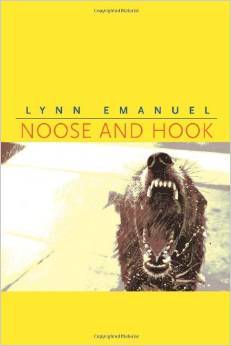
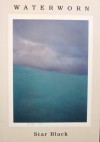
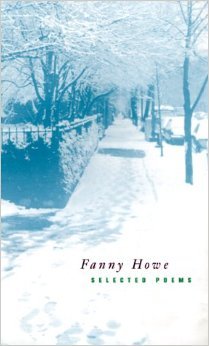
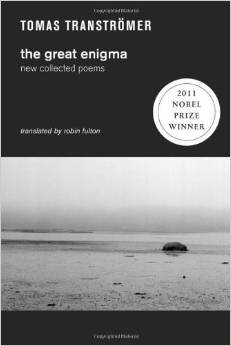
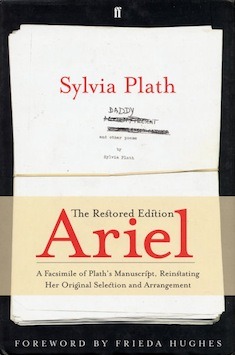
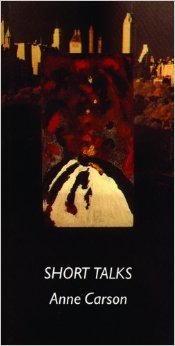
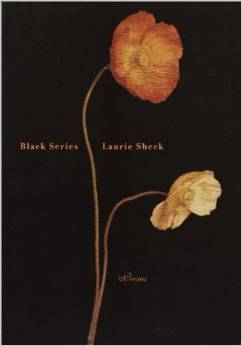
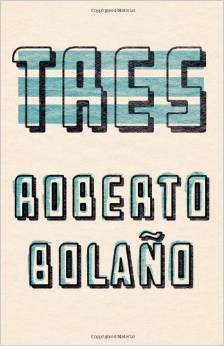
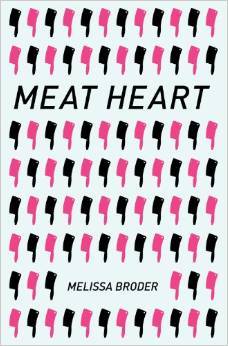
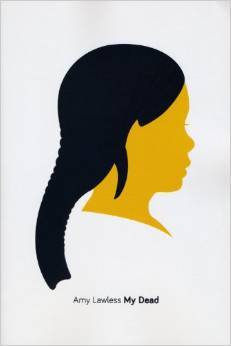
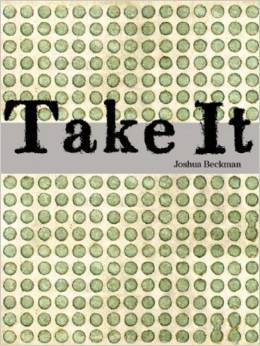
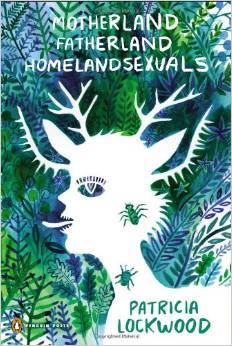
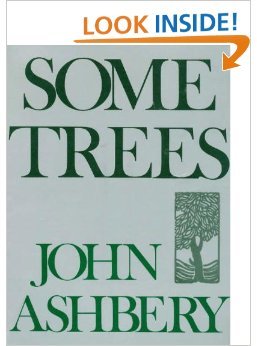
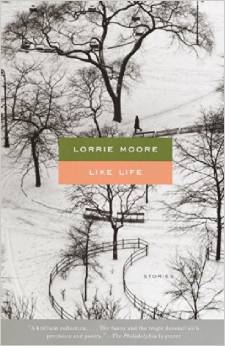
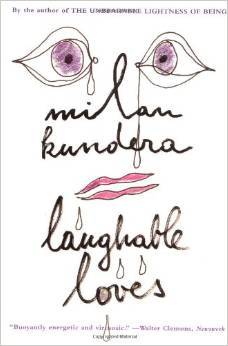
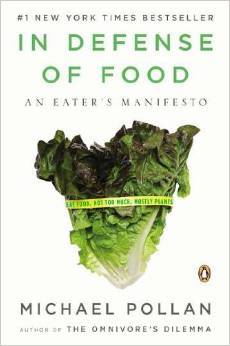
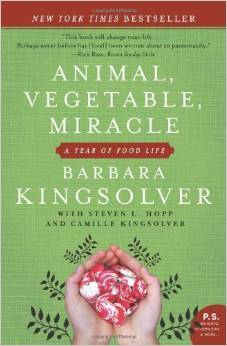
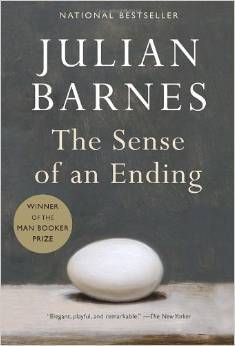
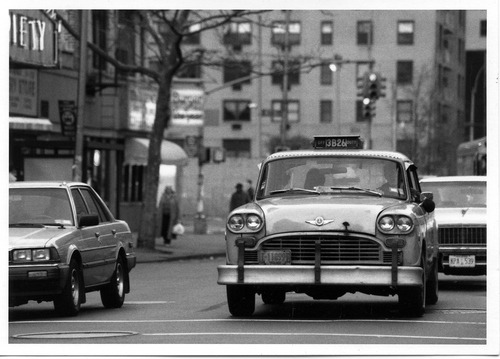 dumfounded and gratified–“Ah, we did not suffer any lights.”
dumfounded and gratified–“Ah, we did not suffer any lights.”